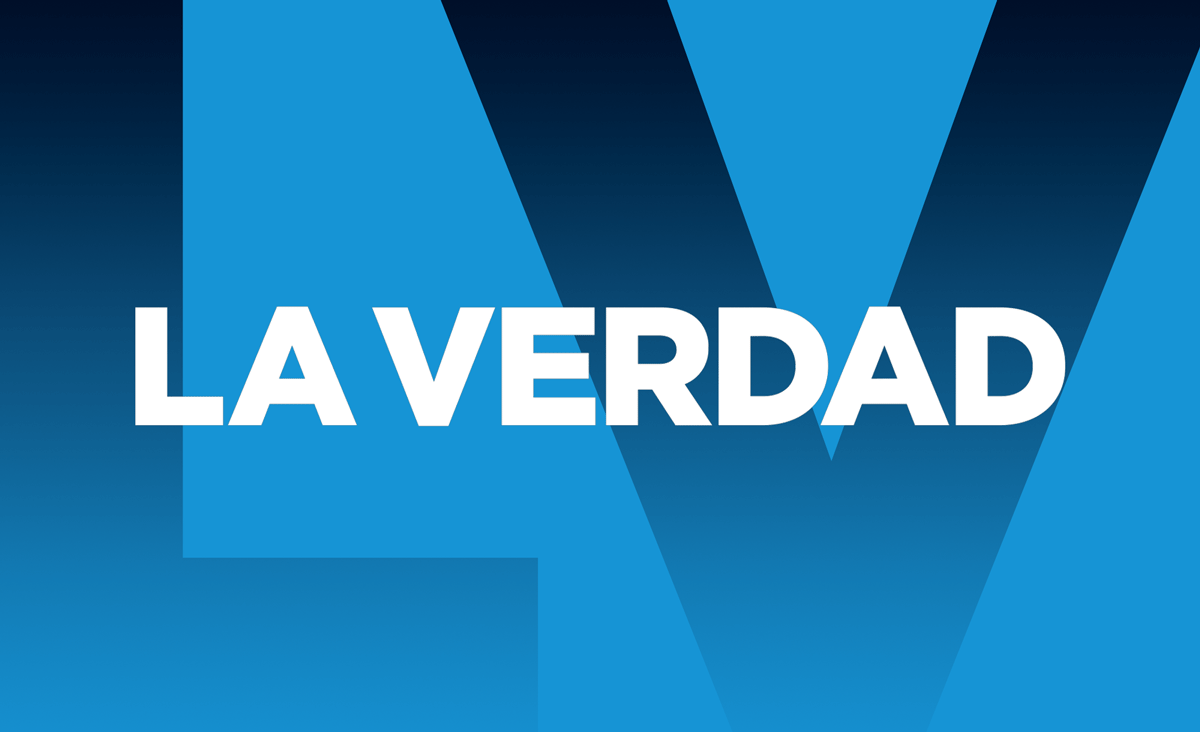Director and musician Antonio Dyaz reflects on loneliness and death in ’20 Ways to Die Alone’, an experimental feature film
A writer crushed by his own books. A musician trapped by the monster that lives at the bottom of his pool. An eccentric millionaire suffocated by dozens of ‘strippers’. An accountant dies after reading a tiresome report… They are four of the 20 surprising and funny deaths that ’20 Ways to Die Alone’ collects (20 Ways to Die Alone), available for a few days on Filmin, the last feature film by the musician, businessman and filmmaker Antonio Dyaz (Madrid, age 54), consisting of 20 experimental pieces in which he tackles with a great sense of humor the loneliness to which those of us who live in the first world have become so accustomed.
The idea arose during an Edinburgh-Madrid flight. “I realized I don’t really like directing on set and answering everyone’s questions,” he explains. So he wondered how he could direct a movie without actually doing it. Then it occurred to him that he could send cameras to anonymous people to film their own pieces so that he could later assemble them into a final edit. That was the technical germ, but he needed an intellectual alibi. “I thought the protagonists would be filming their intimacies, their loneliness and their own deaths, and that’s what interested me the most,” he explains.
Who would dare to imagine his death and record it for posterity? The answer, of course, was in social networks. “It was a very nice job. I am very involved and started messing around in forums and networks. If I wanted someone in Australia I would go to an Australian forum to find people interested in cinema and make the proposal. Some, of course, said no; another “went mad” and demanded a contract and to talk to her representative, but “the majority accepted”. Even Fernando Sánchez-Dragó and Coque Malla – the writer and musician, of course – friends of the director, were encouraged to leave their own deaths on video.
They soon regretted it because the project had “more work than it seems,” admits Dyaz. And it is that along with the camera that the director sent them, typing “GoPro” but imitation, they also received a letter with a set of instructions: make coffee, brush teeth, play with your pet, have breakfast, nails, the fridge opening… «These were commonplace and strange things that we who live alone often do. I was looking for them to open up their guts and observe them through the cameras,” he reasons.
Just like in the James Bond movies, there are many iconic spots in the different cities where the action usually takes place, Dyaz also asked them to film themselves walking through their cities. “I love that many countries come out, so why not in an ‘indie’ movie?” he asks with a laugh. The last instruction was the star directive: film how you imagine death.
Beyond the instructions, the protagonists’ freedom was absolute and the director didn’t censor anything. In that sense, Dyaz is convinced that “we are all a bit of an exhibitionist”. “We all want to be seen while we shower, even if it seems we don’t,” he says. It is to put the camera and we all change ». Little by little, the hardworking protagonists filled Dyaz’s email with packages of up to 200 clips to be seen, selected, sounded… It’s been four and a half years and hundreds of hours of post-production. “I didn’t want to direct and I ended up working more than a fool,” he laments.
The latest feature “offers the viewer a melting pot” about how we live in the first world. There are people who are more skilled with the camera, with the framing; others, on the other hand, “have no idea about filming, but that gives the film credibility,” he says. And yet one idea persists and that is that “in the end everything is very similar, from the light switch to how we brew our coffee… It doesn’t matter if you’re in Australia, Uruguay or Moscow. Plus, you look at the refrigerators and we practically all eat the same junk; you sneak into the bedrooms and we’re all the same, there’s no diversity anymore, at least not among people who live alone. It’s pure globalization. That was my great feeling,” he says.
The other idea he sticks to is that loneliness is “one of the great epidemics” facing the first world. “We don’t necessarily suffer from being alone,” Dyaz says, “but with social networks and technology, that social connection that has helped humanity move forward has been lost a lot.” Dyaz continues: “the bigger a city is, the lonelier you are”. And he says that consciously. Four years ago he moved to a small town in Valencia and now has a lot more social contacts than when he lived in Madrid, New York or Edinburgh.
Dyaz doesn’t believe that ’20 Ways to Die Alone’ touches any conscience, nor is he interested –“art with a message makes me yawn”, he says–, but it has touched that of the participants. “I think many have released their ghosts and their monsters. Some have told me it has been like a therapy,” he concludes.
Source: La Verdad
I’m Wayne Wickman, a professional journalist and author for Today Times Live. My specialty is covering global news and current events, offering readers a unique perspective on the world’s most pressing issues. I’m passionate about storytelling and helping people stay informed on the goings-on of our planet.



